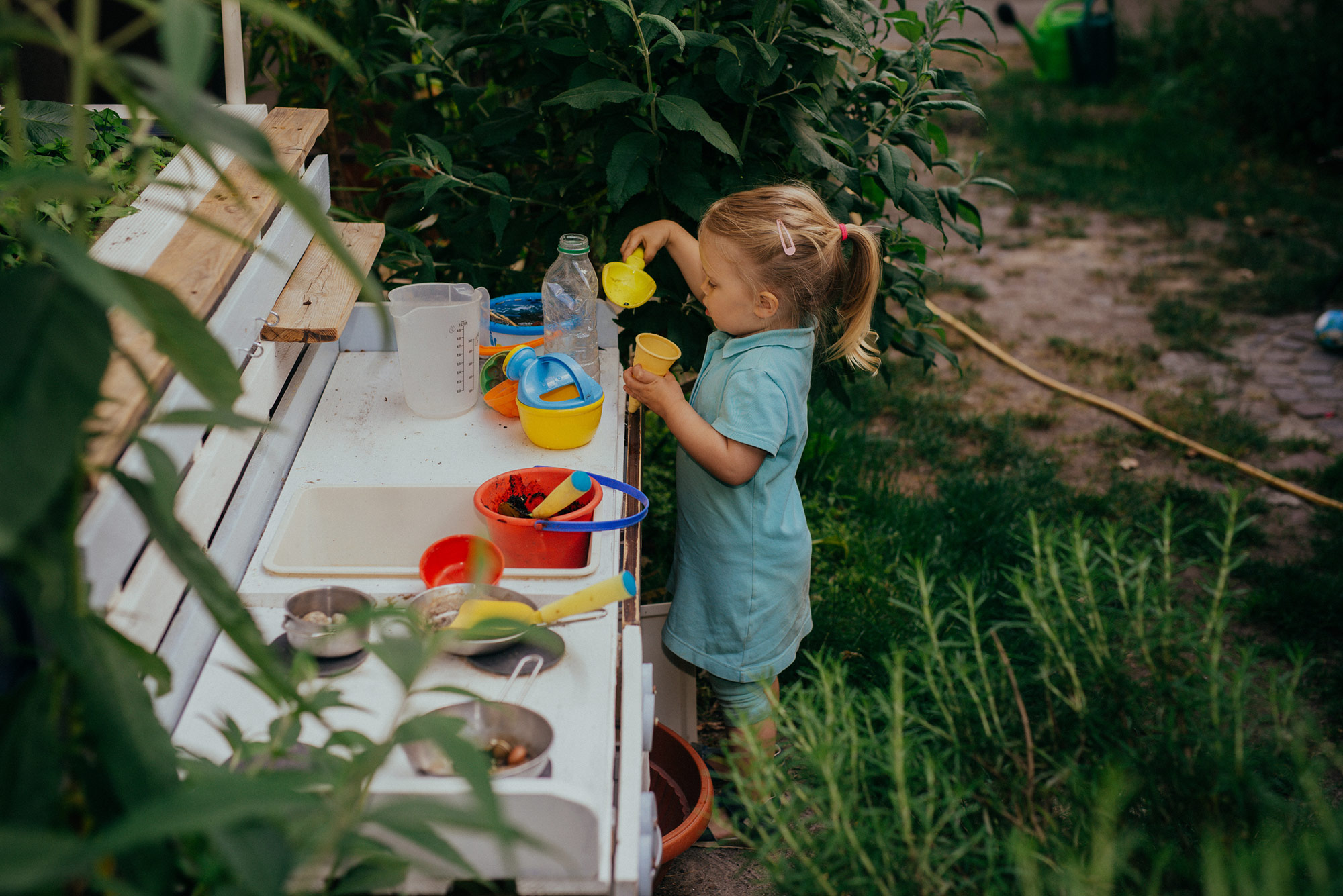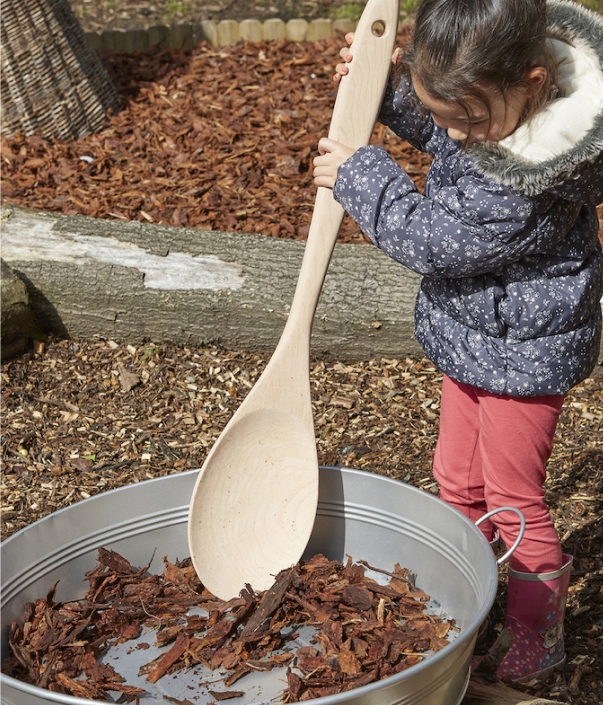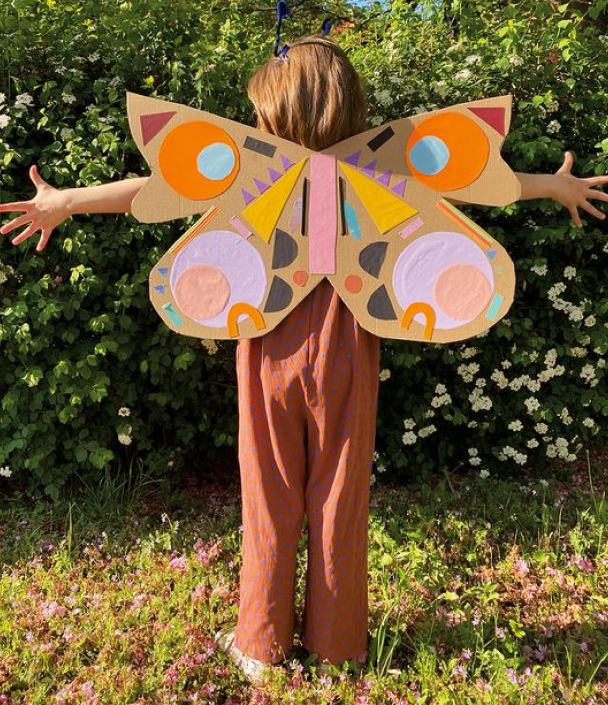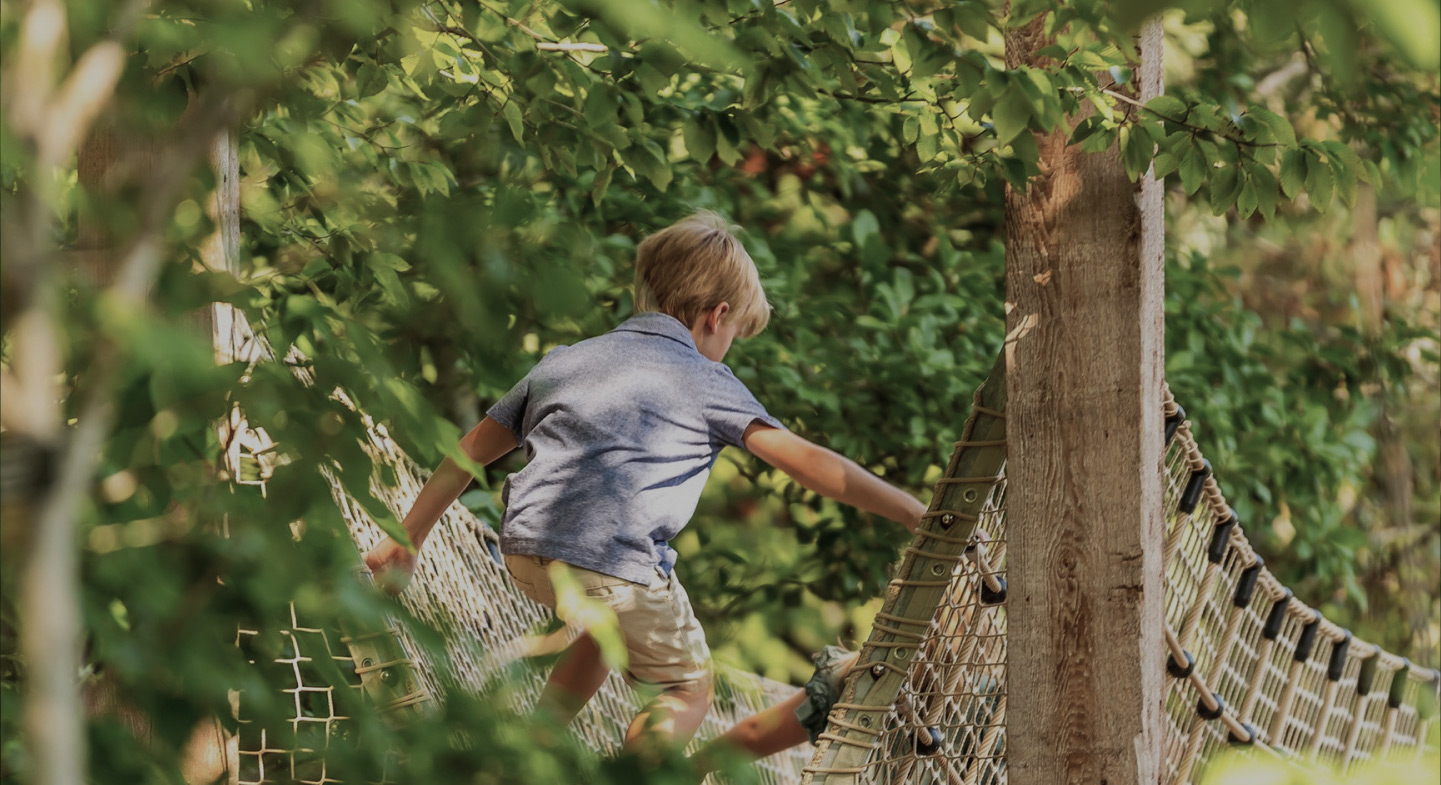
18th December, 2023
Why storytelling is so important for early childhood development (and how to get started with it!)
18th December, 2023
Storytelling is one of the most ancient forms of human communication. The stories we tell ourselves and the stories we’re told are as significant now as they’ve ever been. Stories are how we make meaning, distil wisdom, connect with others and share information. Humans are story-making machines. For young children, storytelling is essential in helping them learn about life, the world, and themselves.
At Trails we believe in the power of storytelling in early education so much that we’ve centred our entire 7 Pathways Curriculum around it. Whether it’s paired with meal times, or our Story Circles, or a way of teaching subjects as diverse as numeracy and music. We’re very passionate about the benefits of storytelling for children.
But why is it important and what can you do as a parent to promote storytelling with your child at home?

The Importance of Storytelling For Childhood Development
-
It’s For Everyone
One of the great things about storytelling for young children is that it’s accessible to everyone: those just beginning to read, those not yet able to read, children who are currently non-verbal or who have special needs. Children are able to tell and receive stories in many different ways: from reflecting on their weekend, to building a magical land with Duplo, arranging magnets in certain orders, drawing pictures, or the traditional sit down and listen to a story being read out loud. There are as many different ways of accessing stories as there are different types of stories.
-
Improves Literacy
This is probably one of the better known benefits of storytelling in the early education of children. But the benefit here is twofold. Not only are young children able to broaden their vocabulary by hearing stories (and thereby deepen their ability to tell their own stories in richer, more complex ways) but storytelling helps children recognise patterns in how stories are constructed. This is so important in a world that shares information through stories.
-
Great For Listening Skills
Listening to stories is a great way for young learners to hone their concentration skills. In a fast-paced society with such a short attention span, learning to be still and be fully absorbed in the simple art of a story well-told can be a transformative act. Listening is a skill that helps serve young learners from early childhood education to being school ready and beyond.
-
Enhances Creativity
Through storytelling young children are free to let their imagination run free. The act of listening to a story is ultimately also the act of recreating it – the characters and settings and plot points are all reimagined by the child listener to form a rich imaginative world in their mind that spurs on more creative thinking. So telling your child stories is an excellent opportunity to foster their cognitive and problem solving abilities.
-
Promotes Social-Emotional Learning
The content of a story can help grow empathy and social responsibility in young learners. Stories allow children to put themselves in the shoes of a character who might be in a very different situation to them. By engaging with stories young children engage in empathy and through this empathy young learners can learn compassionate and responsible ways of being. There’s a good reason why parables, fables, myths and fairy tales have been used for millennia to help instruct young people towards wisdom.
-
Helps Children Engage With The Wider World
Stories open the world up for young learners to help them experience new places, ideas, and cultures. Whether it’s through pictures or verbal descriptions, stories can vividly paint images of places that a child might not have encountered before. Through stories about other cultures young children instinctively learn to be more understanding and compassionate to people who might be different from them.
-
Vehicle For Teaching A Whole Host Of Subjects
Here at Trails we use storytelling as a vehicle for teaching our 7 Pathways Curriculum that covers Literacy, Numeracy, Music, Nutrition, STEM, Movement, and Art. We’ve found that storytelling is a wonderful way of educating young learners in a whole range of fields. For instance, a story might revolve around how many caterpillars are on a plant – encouraging counting skills – the story might then shift, as the caterpillar turns into a chrysalis, and then a butterfly – to give a lesson in simple biology.
-
Building Relationships
The very act of storytelling can help bond the storyteller to the listener. When a story is being told, the storyteller and listener are picking up on a thousand non-verbal cues to help both bring a story to life and also to receive it fully. This social connection also extends to a group who might be listening to the story together. Stories are an excellent way of building a stronger connection with your child as you create a shared world together.


Begin Your Child’s Story At Home
Stories can be an amazing part of your child’s growth and development but how do you, as a parent, implement storytelling with them? Storytelling is our specialty at Trails, so we’ve put together our top six tips when it comes to pursuing storytelling in the home with your child
-
Read Aloud
A great way to introduce stories and language to your child is by reading aloud to them. Children usually enjoy being read to, and this activity can provide them with a chance to learn new words, and understand story structure – it’s also a great way to connect with them!
-
Create Your Own Serialised Story
As well as reading stories to your child, there’s great value in telling them personalised stories that you’ve created. Making up your own stories to tell your child can be a lot of fun! You can place your child (and yourself!) in the story through proxy characters, you can end each night on a cliffhanger and use the promise of the next instalment of the story as a great incentive for settling your child in at night. Also, having the freedom to mould your own story for them can be useful in encouraging them in areas they might find challenging, stories can be a gentle nudge or encouragement for young children.
-
Choose Stories Wisely
Select stories that are age appropriate and you think would be engaging for your child. A quick visit to the children’s section in a bookshop is very useful. Children’s books often don’t take that much time to read and you should quickly be able to get a feel for a couple of books your child might enjoy. While it’s often good to take notice of the award winning books, also consider stories that have intriguing characters, exciting settings, and powerful messages so that your child can get the most out of them.
-
Use Props
Props such as simple clothing accessories, or small toys can help a story come alive. You don’t need to be a Hollywood set designer – your child’s imagination will bring to life the simple sock puppet you use to help tell your story!
-
Encourage Engagement
Ask questions throughout the storytelling session to ensure your child is actively engaged in the story. This will help them to understand better and remember what they’ve heard.
-
Let Children Create Their Own Stories
Once your child is comfortable with storytelling, it can be a lot of fun to encourage them to create their own stories. This will help them practice and refine their language skills as they create new tales of adventure.
